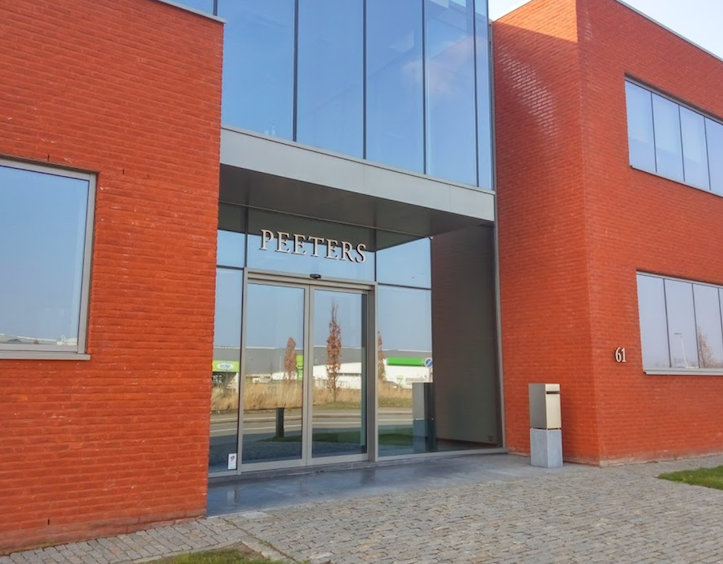 Digital printing replaces offset to make quality book printing operations future proof
Digital printing replaces offset to make quality book printing operations future proof
Peeters, a Belgian family business, is a printer, a bookstore and a renowned international publishing business. Founded in 1857 and still managed and owned by the family, the publishing house aims to serve the academic world by producing high-quality scholarly books. The bookstore and printer are based in the city of Leuven, Belgium, renowned for hosting one of the oldest universities in the world. To ensure comprehensive international coverage of the global academic landscape, Peeters has opened offices in Paris, Bristol and the US. 95% of its publishing business takes place outside of Belgium.
The market of academic publications and books has very specific needs. The combination of high technical requirements for the books with a very specific distribution model is unique. To ensure high-quality production, Peeters has set up its own printing office with optimized automation and ultramodern workflow processes. That’s why the company is a combination of a printing company, a publishing company and a bookstore, which is not uncommon in this high-quality demanding market. Since its inception, Peeters has established itself as a global trendsetter in the academic book publishing market.
Luc Peeters, managing partner at Peeters explains: “Quality is in our DNA. For the books we publish and produce, this means quality of content, quality in look & feel, and quality of distribution. It goes without saying that only the best printing quality is good enough for us. To achieve this, we needed a press that was reliable and capable of delivering the volumes we have. We evaluated the market of digital presses and we found that our only option was a Xeikon press.”
In the early 70’s Peeters switched to offset printing, which at that time was the only technology that could replace letterpress in terms of printing quality. The company invested in plate setting, DTP and offset printing.
Since the start of the new millennium, the market has evolved significantly. The academic market requires smaller run sizes, the ability to publish and produce more titles faster, and the capability to accommodate reprints in a fast and easy way. In addition, a company in this market needs to take fast action to respond to new trends and Peeters soon realized that digital printing was the only possible way forward. After a transition period, the company no longer has in-house offset printing equipment and instead only operates digital printing equipment. Next to low volume cut sheet printers, the Xeikon 9800 press is now the most important production printing press. The company does the converting and finishing in house with a bespoke and unique finishing line which allows for the highest quality sewn books. The printer uses best-in-class automation and ultramodern workflow processes. Seamless integration of the digital presses with an MIS (Management Information System) system is crucial.
The Xeikon press is very reliable and runs either roll to sheet or roll to roll. In the latter configuration, it often runs hours without an operator being present, illustrating the robustness of this work horse of a digital press. The press runs predominantly traditional offset papers. The award-winning X-800 digital front-end made it easy to integrate the Xeikon press into the all-digital workflow at Peeters.
Dimitri Van Gaever, Market Segment Manager Graphic Arts at Xeikon comments: “Even in a business as traditional as book printing and publishing, it is crucial to keep innovating and evolving with the needs of the market. Peeters is a wonderful example of how a company can use the Xeikon digital printing quality, its reliability and integration capabilities to make sure its business stays state-of-the-art and future-proof for the years to come.”
With a completely digital operation in place that includes order processing, printing and finishing, Peeters created an online platform that allows professors, students, authors, or any writer to submit their manuscript or thesis to be printed into a book of the highest possible quality. Stephanie Peeters, Marketing and Communications Manager at Peeters explains: “There is a need in the market to realize high-quality sewn books in short runs that are still affordable. PhD students spend months creating their theses and want the printed form to reflect the quality of the content. This service is something traditional copy shops can’t offer. Peeters offers a full-service package, with advice on layout, print options, and the binding of books and theses.”
www.xeikon.com





























































































